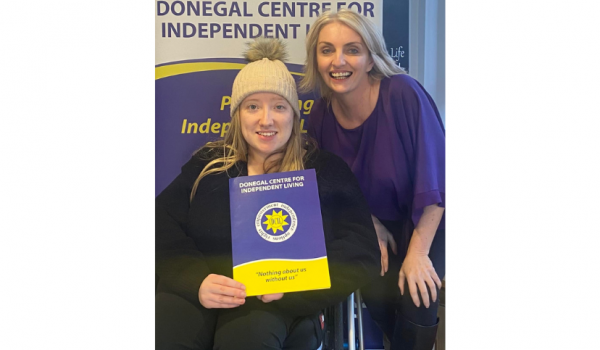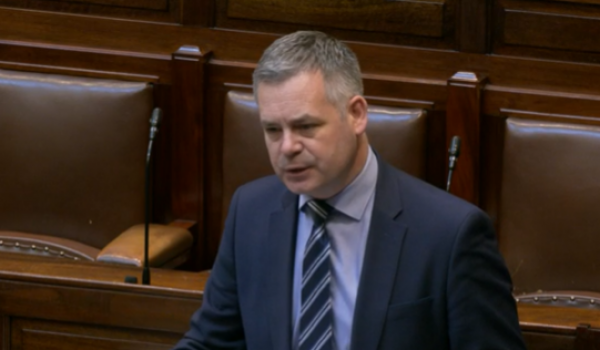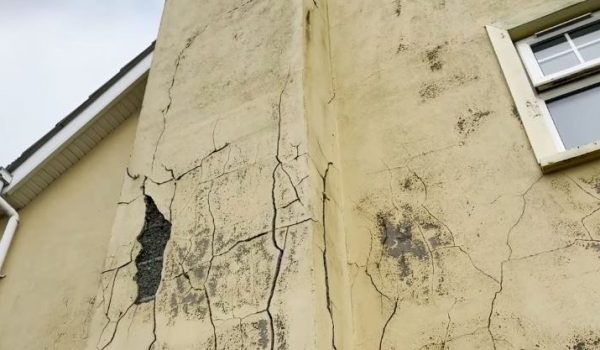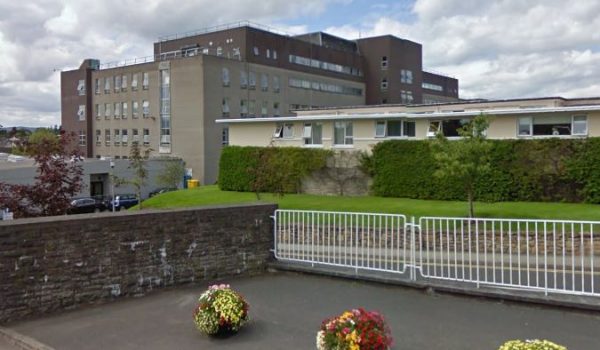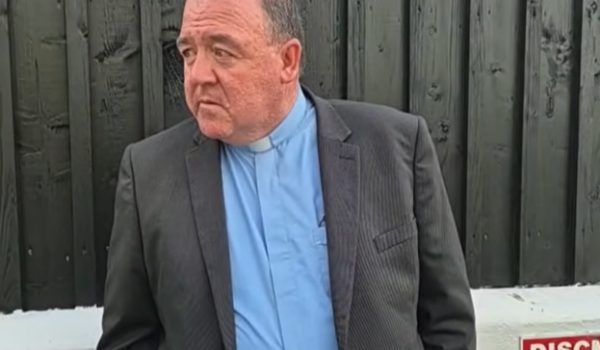
Delays in the implementation of governance mechanisms have been identified in Tusla services in Donegal/ Sligo/Leitrim and West Cavan.
A HIQA inspection was carried out in August last year, focusing on the implementation of the Child and Family Agency’s Child Abuse Substantiation Procedure which came into operation on June 27th 2022.
HIQA found that overall, assessments were not completed in line with time frames set out in Tusla’s own procedures.
No Child Abuse Substantiation Procedure was concluded within the 14 months since its commencement.
HIQA says the procedure overall was not efficient, and not person centred.
The inspection indicated that children were not always at the centre of the implementation of CASP in this area due to:
· the delays in Garda vetting notifications potentially placed children at risk
· the delays in communication with children and their families
· the delays in identifying children who possibly had contact with alleged abusers due to cases awaiting allocation at preliminary enquiry stage
· it was not consistently evident on files if a child was safe and protected
· identified children were referred to child protection and welfare services, and managers of the service advised inspectors that such safeguarding information was on the child’s child protection and welfare (CPW) file; however, best practice would be to have this clearly stated on the CASP file.
· there was no national guidance, only newly introduced local guidance, on how to identify and respond to suspected organisational or institutional abuse, or how to identify especially vulnerable children.
You can read the full report here
Tusla have released the following statement:
Tusla – Child and Family Agency acknowledges today’s publication of a HIQA inspection report on Child Protection and Welfare services in the Sligo Leitrim West Cavan and Donegal area. The inspection focused on compliance of the implementation of CASP with the national standards.
The report noted that staff and managers were knowledgeable of their roles and responsibilities and dedicated to providing a quality service. There were clearly defined governance arrangements and lines of responsibilities and accountability, with oversight of the service achieved through good quality supervision practices. The report also highlighted good interagency working practices.
However, the report noted delays in the CASP process, and while there were reasons for some delays such as challenges in engaging with alleged victims and alleged abusers the procedure overall was not as efficient as it could be.
To address these concerns a number of improvements have been put in place. The area has agreed a compliance plan with HIQA to ensure that deficiencies noted in the report are rectified as soon as possible. A change in the Tusla’s Policy & Procedures now allows submission of notifications to the National Vetting Bureau (NVB) at any stage in the CASP process, once the bone fide threshold is reached.
Speaking about the report, Gerry Hone, Tusla Regional Chief Officer, West North West, said:
“Tusla has a very specific responsibility to promote the welfare of children and to safeguard them from potential risk of harm. We work with all persons affected by an allegation of abuse with fairness, compassion, dignity, and respect while ensuring decisions made are made in line with legislation, policy, and best practice.
It is important that a year on from the introduction of CASP the process is open to review and improvement. We have taken a number of steps to address the issues highlighted in the report. We are working to implement practical solutions and improvements to demonstrate our commitment to improving the quality of the service, and we acknowledge that we have further work to do.”
The report also noted that the procedure did not provide guidance on how to identify or respond to cases of possible or confirmed organisational or institutional abuse. A national working group has been developed focusing on how to identify or respond to institutional abuse or vulnerable children. Tusla is also conducting its own national internal review, which will involve stakeholder engagement and national analysis to strengthen and improve the service. A new improved reporting function on Tusla’s information management system, TCM, will identify key points in the process to help improve efficiency.
Tusla receives consistent and robust regulation and oversight by various external bodies, including HIQA. This oversight assists us in ensuring that our practices deliver good quality and appropriate services for children and families. We are aware that we have further work to do, and this process of improvement of the quality of our services set against high standards and regulation is an ongoing process.
